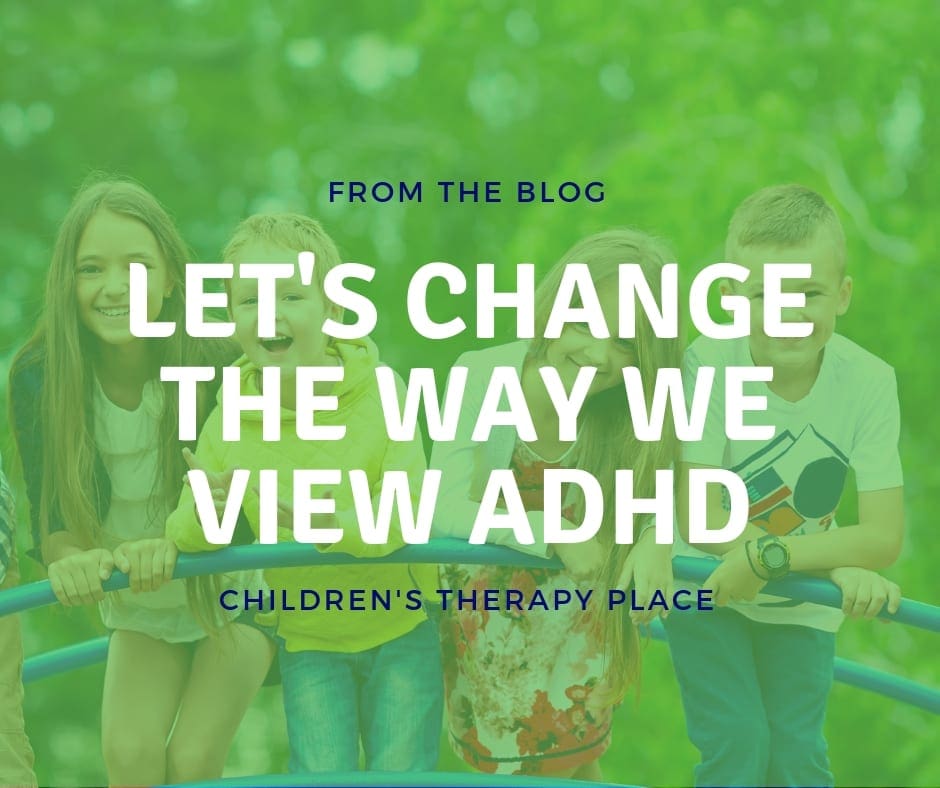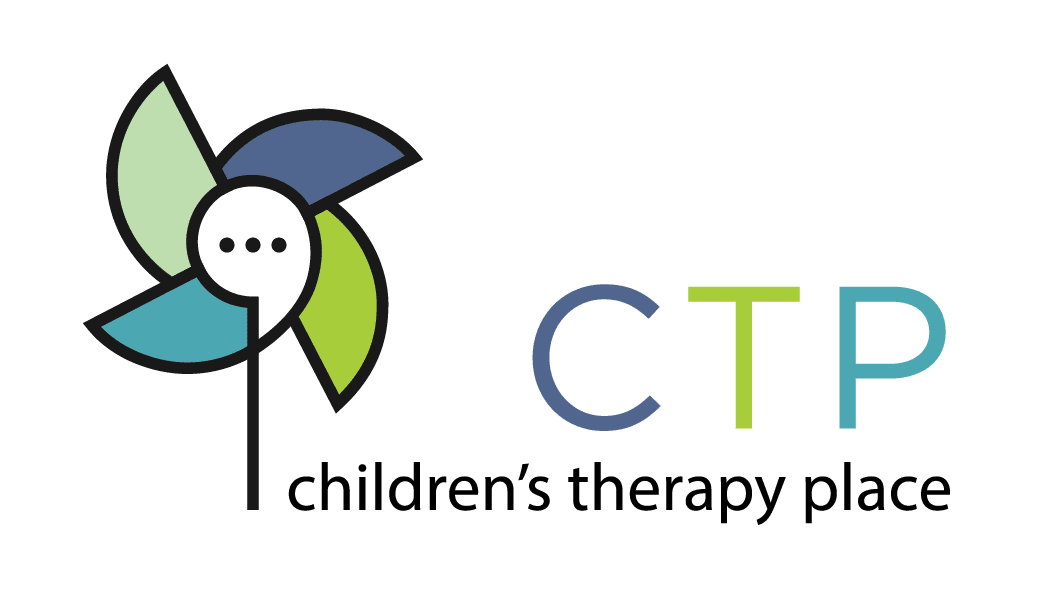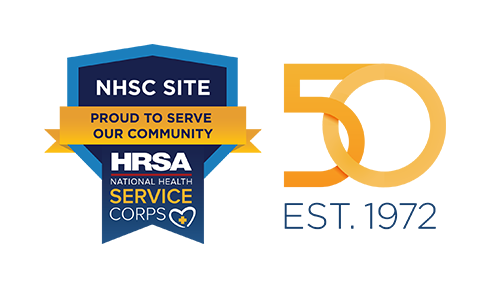Let’s Change The Way We View ADHD

Easily distracted, impulsive, forgetful, and inattentive, just a few words that are used to describe a child with ADHD but change the language to, eventful thinker, speedy, daydreamer, and creative.
All too often we focus on the negative and lack the positive. If a child struggled with asthma a family would then just make lifestyle changes and advocate for the positive, not the limitations: why not do the same for mental health to create the change by curing the stigma?
In support of ADHD Awareness Month here are a few helpful tips for parents with children diagnosed with ADHD
1. All children need to exercise
In a society where video games, TV, iPads, and tablets are an everyday occurrence, it is important to encourage children to get up and move around away from the electronics. Exercise improves childhood cognition and brain health for all but especially for those with extra energy.
2. Patience is a virtue and it’s needed daily
We have over 30 thoughts per second. When asking a child to go make the bed and coming back 5 minutes later to he or she is playing with Pokémon cards on an unmade bed can be frustrating, take a deep breath before reacting. This is different than defiance. The child needs some redirection, eye contact, and prompting to get back on task and focus on that thought of making it, which happened 85 or so thoughts ago.
3. There is a difference between discipline and punishment
According to ADDitude Inside the ADHD Mind, Best way to discipline a child with ADHD is behavior modification: Define age-appropriate, attainable goals and then systematically reward each small achievement until the behavior becomes routine and the old behavior becomes extinct. By rewarding positive behavior., rather than punishing negative behavior, helps the child feel successful.
4. Medication doesn’t have to be a negative and should not be used as a punishment.
Talk with your pediatrician about medication. Like the way glasses help a child see better, medication can help a child think more clearly and organized. Refrain from using their medication as the punishment, grounding them for not taking it or threating to up the medication if they are refusing to complete a task that is asked. This will not help the negative stigma that medication currently has.
5. Seek help if needed.
Talk with your child’s teacher to communicate what might be working at home and listen to what is working in the classroom. Create collaborative and proactive solutions as a team. Counseling can help with grounding techniques and mindfulness skills to assist in their success.
Caitlin Goicoechea, LCPC, NCC

